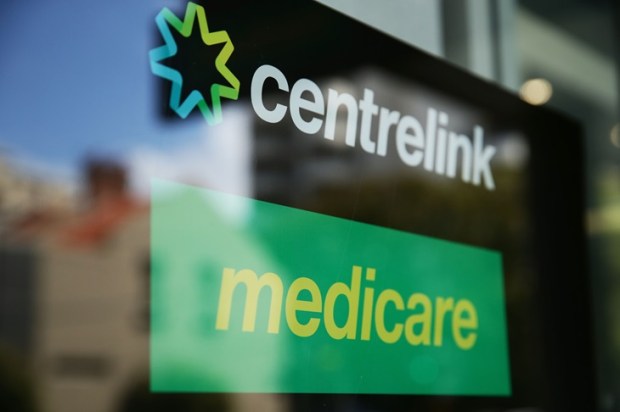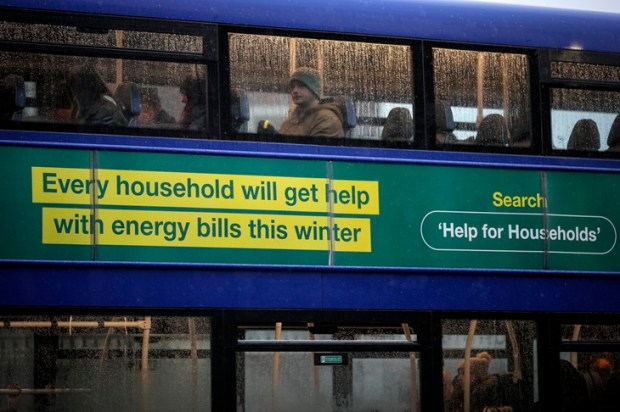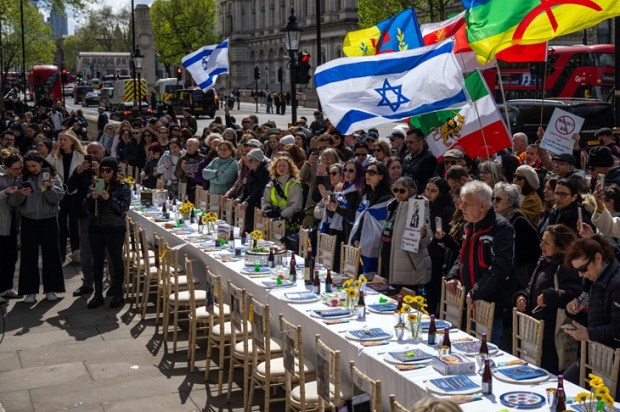A woman came to the emergency department (ED) with abdominal pain. She was in her mid-fifties and was not well. The pain had been getting worse for days and by the time she arrived with us, she was tachycardic and hypotensive, the pain was unbearable – she was dying. We didn’t know the exact cause, but at this stage it had become a combination of multiple pathologies and we soon knew that she was unlikely to survive. We called intensive care (ICU) and prepared to intubate – both to be able to better treat her, as well as for humanitarian reasons. Her son hugged her – tears in both their eyes as she said she loved him, and he told her it would be ok. We anaesthetised her and took her to ICU. She never woke up.
This is one of ten million presentations to ED that happen in Australia each year. Many have minor problems and are discharged, many have chronic problems and are constantly in and out of hospital, a small number – such as this lady – leave through the morgue. One way or another, it will eventually be each of us. We don’t know which disease or when, but one day we will likely be wheeled through the doors, never to emerge.
It may sound obvious to state the inevitability of death, but in the context of pandemic politics perhaps it is worth doing so. It seems over the last two years, in looking to politicians and public health to save us, we have forgotten we are all mortal. As much as we should try to reduce mortality and morbidity where possible, we should not ignore the fact that we ultimately fight a losing battle.
I want to make the case for two points. Firstly, that we may have a hubristic attitude to death, and that our attempts to forestall it may come at too high a price; and secondly, that the job of a medical professional should be as much to reassure patients and the public about our mortality as to materially treat a disease.
For my part, I struggle to endorse decisions which, for example, keep relatives away from a dying patient.
I don’t know if I am merely being short-sighted, but I cannot ignore the suffering of loneliness and isolation caused by some policies over the last two years. We have seen terminal cancer patients kept alone in isolation bays to die alone with families unable to see them because of our fear of a disease.
As much as this action may limit the spread of Covid, and won’t decrease anyone’s life, it comes at the cost of our humanity and our compassion. It comes because of an understandable societal fear of a disease, and of the unknown; it comes also from political decisions which must be seen as doing everything in their power to tackle an ‘emergency’.
As doctors, we can be advocates for our patients. There is something terribly wrong when we are so willing and ready to discount someone’s suffering for an undefined ‘greater good’. More broadly, we cannot simply sacrifice what our lives contain purely to prolong them without an understanding of the trade-offs. For some of us, a slightly higher overall infection rate is a price worth paying to be able to see our loved ones.
In medicine and in public policy there are some goals we cannot achieve (preventing all deaths from Covid), and some interventions come at too high a price to justify a benefit (in the author’s opinion – lockdowns). The key question to ask is not so much how efficacious a policy may be, but what is its cost…
It is not just that risk is a necessary price we pay to live, but that ultimately, some of the most meaningful parts of life are specifically due to the risk involved.
According to Marcus Aurelius: ‘It is not death that a man should fear, but he should fear never beginning to live.’
There is emotional risk from asking someone on a date, and there is risk involved in opening ourselves up to a relationship. There are enormous risks of raising children and pouring ourselves into their upbringing. In terms of the most enjoyable activities we do, there is often a correlation between the thrill we gain and the perceived danger of that activity, be it climbing, skydiving, or driving fast cars.
We accept the risk not just as a price paid to enjoy ourselves, but sometimes even the cause of the enjoyment. In the context of medical education, as clinicians we only improve our ability by being exposed to clinical scenarios outside of our comfort zone. This risk – both to doctors and patients – is one of the prices we pay to become better doctors. As Jonathan Haidt outlines in The coddling of the American mind, humans are ‘anti-fragile’ and require appropriate risk-exposure to develop, both as individuals and as a society.
In some ways this risk-aversion has been developing for a long time. We live in an increasingly safety-orientated society governed by rules which minimise risk, but at the cost of opportunity and innovation.
On a material level, perhaps healthcare should place more of a focus on giving our lives meaning, in whatever form these lives take. This is a point that pre-dates the pandemic, as practice has started to recognise that over-medicalising chronic pain and mental health conditions often exacerbates the disease. Sometimes by treating a problem it is worsened, either by unrealistic expectations or an escalating issue of polypharmacy or opiate addiction. We have only recently started to realise that we need to treat these conditions by offering realistic expectations and focusing on giving an individual’s life meaning despite their pain, not on trying to eliminate it when that can’t be done. By prioritising the meaning in an individual’s life, we find that pain and anxiety are lessened as a by-product. The priorities of what gives life meaning will be different for each of us.
This principle applies as much to society as to the individual. The meaning and value we derive from our lives is not measured in their length. Of course, we won’t be able to enjoy ourselves if we are dead, but neither should we sell our society’s future, or the enjoyment we feel, for the hope of a few more years ourselves. We know this from history, from philosophy and from popular culture, where our protagonists recognise some values are worth protecting, even if it comes at a cost in lives.
On a more spiritual level, as healthcare professionals we see the triumph of the human condition each day. We have always seen that despite the misery, suffering, death, and morbidity that passes through hospital doors, the overwhelming message is one of hope. Not just hope of a cure or improved symptoms, but real hope of finding meaning in life despite the suffering. All of the mental and physical trauma, the terminal cancers, the chronic diseases, and the disabilities, people somehow manage to cope. Not just cope, but to find happiness and value. A medical career is a litany of tragedy in which people find hope and meaning despite being faced with impossible odds and terrible suffering. This is, in itself, a source of great inspiration.
Perhaps this should be the message we put across as a health service, in normal times but especially during a pandemic. Not that people should be reckless about their lives, but rather to put a disease in context. Yes, Covid is bad, and yes some people will die, but thankfully for the most of us it is mild.
The triumph of the human spirit will come in not giving into fear of an illness, but in living our lives as best we can despite this illness, with friends and family to give our lives meaning. For each of us this will be a different thing. Ultimately, part of the job of a doctor should be to reassure people about death.
As Hemingway says in Woody Allen’s Midnight in Paris, ‘Do you [fear dying]? Well, it’s something all men before you have done, all men will do.’
Of course death is scary, but it is also inevitable, and there is something comforting in that – we shouldn’t sell our children’s future to try and avoid it, and we shouldn’t forego our humanity either.
Got something to add? Join the discussion and comment below.
Get 10 issues for just $10
Subscribe to The Spectator Australia today for the next 10 magazine issues, plus full online access, for just $10.

























Comments
Don't miss out
Join the conversation with other Spectator Australia readers. Subscribe to leave a comment.
SUBSCRIBEAlready a subscriber? Log in